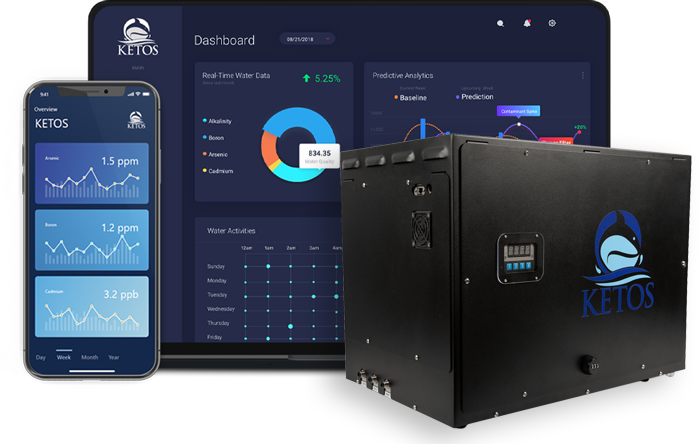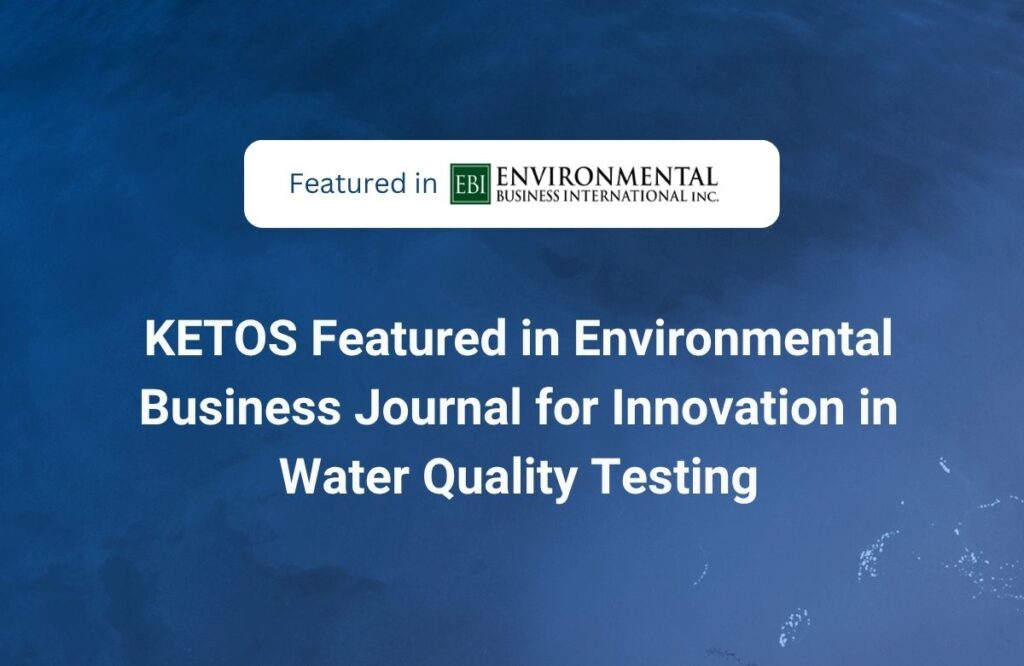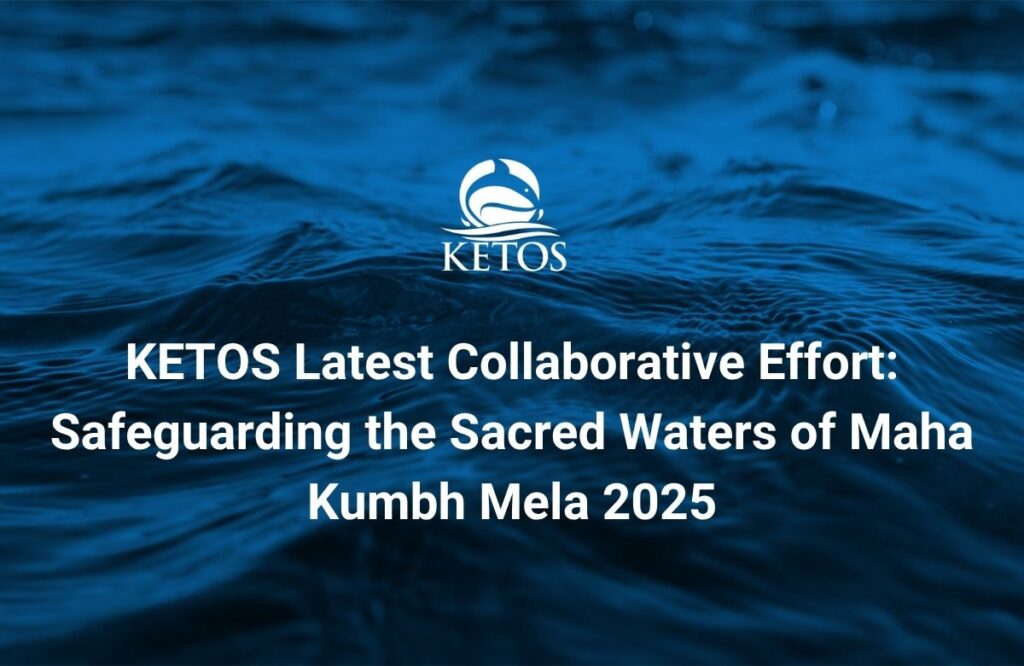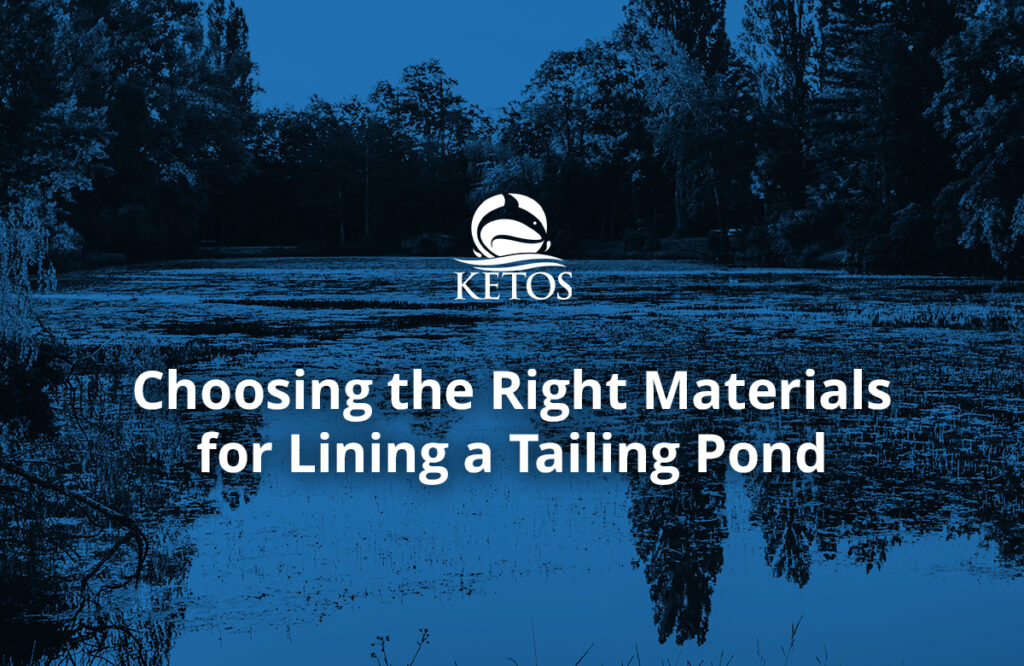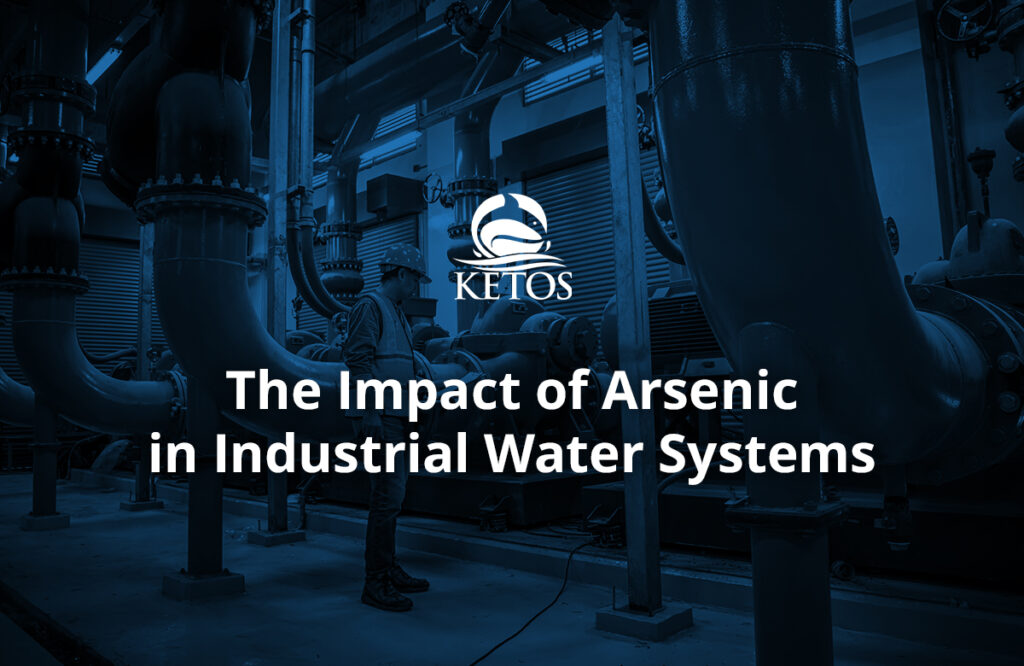Florida’s water resources are vital for its economy and environment. All businesses, from farms to factories, impact the state’s waters. To protect Florida’s ecosystems, companies must follow clear water compliance rules. These standards are getting stricter as environmental concerns grow. Understanding and following water quality regulations is now essential for responsible business operations in Florida. Clear water compliance helps ensure the state’s resources remain healthy for future generations.
Understanding Florida’s Clear Water Quality Standards
Florida’s clear water compliance standards are primarily governed by Chapter 62-302 of the Florida Administrative Code. These standards establish the framework for protecting and maintaining the quality of Florida’s surface waters. Key components include:
Designated Uses
Florida classifies its water bodies based on their intended uses. These classifications determine the specific water quality criteria that apply to each water body. The main classifications are:
- Class I: Potable water supplies;
- Class II: Shellfish propagation or harvesting;
- Class III: Recreation, propagation, and maintenance of a healthy, well-balanced population of fish and wildlife;
- Class IV: Agricultural water supplies; and
- Class V: Navigation, utility, and industrial use.
Water Quality Criteria
For each designated use, Florida has established specific numeric and narrative criteria. These criteria define the acceptable levels of various pollutants and conditions necessary to support the designated use. Businesses must ensure their activities do not cause water bodies to exceed these criteria in any body of water.
Antidegradation Policy
Florida’s antidegradation policy aims to protect existing water quality, especially in high-quality waters. This policy requires that water quality be maintained and protected unless lowering of water quality is necessary to accommodate important economic or social development. The policy supports clear water compliance efforts across the state.
Key Compliance Requirements for Businesses
To maintain clear water compliance with Florida’s quality standards, businesses should focus on several key areas:
Permitting
Many activities that may impact water quality require permits from the Florida Department of Environmental Protection (FDEP). These include:
- National Pollutant Discharge Elimination System (NPDES) permits for point source discharges;
- Environmental Resource Permits for activities affecting wetlands or surface waters; and
- Industrial Wastewater Facility permits.
Businesses must obtain and comply with all necessary permits for their operations.
Monitoring and Reporting
Regular monitoring of water quality parameters is often a requirement of permits. Businesses must:
- Conduct sampling and analysis as specified in their permits;
- Maintain accurate records of monitoring data; and
- Submit timely reports to FDEP.
Best Management Practices (BMPs)
Implementing BMPs is critical for preventing water pollution and maintaining compliance. These practices vary by industry but may include:
- Stormwater management systems;
- Erosion and sediment control measures; and
- Proper handling and storage of chemicals and waste materials.
Site-Specific Water Quality Rules
Florida’s water quality standards allow for the establishment of Site-Specific Alternative Criteria (SSACs) in certain cases. SSACs may be appropriate when:
- Natural background conditions differ from the generally applicable criteria, or
- Scientific data demonstrate that the general criteria are not appropriate for a particular water body.
Businesses operating in areas with SSACs must be aware of and comply with these specific criteria.
Rules for Polluted Waters
Florida keeps track of waters that fail to meet quality standards. These are called impaired waters. Businesses near or releasing water into these areas face special rules:
- Tighter controls on what can be released into the water;
- Required involvement in cleanup plans; and
- More detailed and strict water use permits.
Companies must know if they operate near impaired waters and follow these extra rules.
Ways to Follow Water Rules
Businesses in Florida need a designated plan in order to meet water quality rules. These approaches help companies stay within the law and protect water resources.
Create a Full Water Rule Plan
A complete plan helps businesses meet local and state water quality rules. It should cover all aspects of water use and protection at all levels of the company.
This program should include:
- Regular checks of water quality practices;
- Teaching staff about water rules and best practices; and
- Clear steps for watching water quality, reporting issues, and fixing problems.
Keep Up with New Rules
Water quality rules in Florida can change as new legislation is passed to protect this precious resource. Businesses need to stay informed about these changes to remain in compliance with new initiatives.
Companies should:
- Watch for updates from Florida’s Department of Environmental Protection;
- Join groups that follow environmental rules; and
- Ask experts about water rules when needed.
Use New Water Technology
New tools for monitoring and cleaning water can help businesses. These technologies make it easier to manage water quality and follow all compliance rules.
Advanced technology can help companies:
- Manage water quality better;
- Follow rules more easily; and
- Save money by not incurring fines or penalties for noncompliance.
Water Rules for Different Business Types
Water quality rules vary based on the type of business. Farms, factories, and city water systems each have unique challenges and specific rules to follow.
Farm Water Management
Farms in Florida face special water quality issues. They must control water runoff and follow specific farming practices to protect nearby water sources.
Agricultural businesses in Florida must pay special attention to:
- Nutrient management to reduce phosphorus and nitrogen runoff;
- Implementation of Agricultural Best Management Practices (BMPs); and
- Compliance with the Everglades Forever Act for operations in the Everglades Agricultural Area.
Factory Water Care
Industrial sites often use water in their processes and must manage it carefully. Industrial operators will need to clean used water and prevent pollution from rain runoff.
Industrial operations face specific challenges, including:
- Management of process wastewater;
- Stormwater pollution prevention; and
- Proper handling and disposal of hazardous materials.
City Water System Rules
City water systems provide drinking water and handle wastewater for large populations. They must meet strict quality standards for both the water they supply and the water they clean and release.
Municipalities and water utilities must focus on:
- Maintaining drinking water quality standards;
- Proper treatment of wastewater before discharge; and
- Managing stormwater runoff from urban areas.
Emerging Water Quality Challenges
Businesses in Florida should be aware of emerging water quality issues that may impact future regulations:
Nutrient Pollution
Excess nutrients, particularly nitrogen and phosphorus, contribute to algal blooms and other water quality problems. Stricter controls on nutrient discharges may be implemented in the future to avoid these issues.
Emerging Contaminants
Substances such as pharmaceuticals, microplastics, and per- and polyfluoroalkyl substances (PFAS) are gaining attention. Monitoring and treatment requirements for these contaminants may increase.
Climate Change Impacts
Rising sea levels and changing precipitation patterns may affect water quality and lead to new regulatory approaches.
KETOS Smart Water Quality Monitoring
At KETOS, we understand Florida businesses must follow clear water guidelines. That’s why we offer tools to help. Our Smart Water Intelligence Platform provides:
- Real-time water quality checks;
- Automatic reports and alerts;
- EPA-approved testing methods; and
- Data analysis to find problems early.
With our technology, businesses can:
- Simplify water quality checks;
- Generate accurate reports on time; and
- Adapt to changing rules quickly.
At KETOS, we help companies maintain clear water compliance and manage their water usage more effectively. Let our cutting-edge technology support your environmental protection efforts with the data and tools you need to confidently navigate Florida’s complex water quality laws.
Ready to streamline your water quality compliance? Contact KETOS today for a demo of our Smart Water Intelligence Platform. We can help you protect Florida’s waters while safeguarding your business as well.
